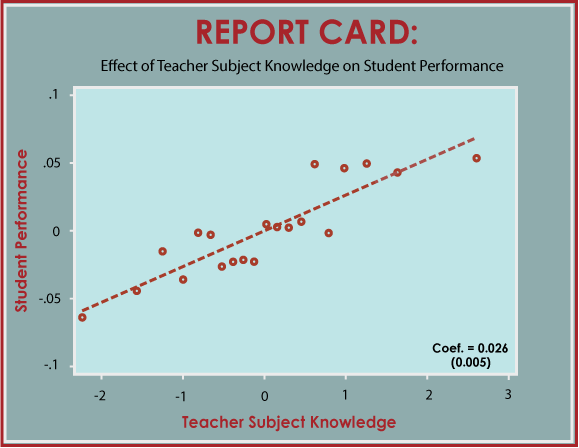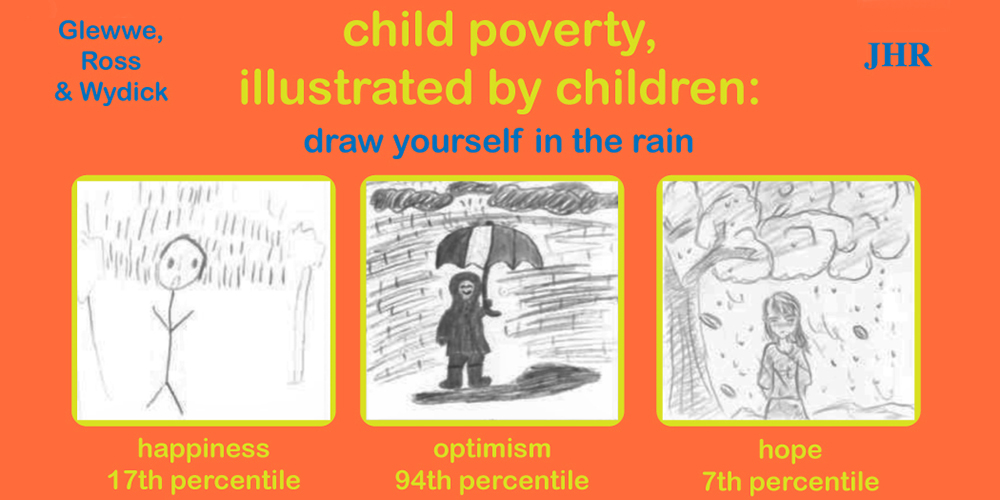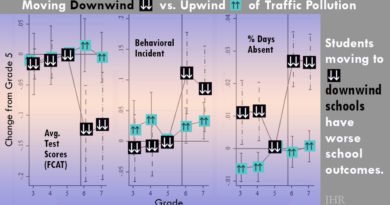You Can’t Teach What You Don’t Know: Teachers’ Lack of Knowledge Hampers Student Learning in Sub-Saharan Africa
Most children in Sub-Saharan Africa are enrolled in school these days, but for reasons not well understood, they learn very little. Previous research has shown that a lack of physical resources, such as textbooks and flip charts, cannot explain these low levels of achievement. New study finds that when teachers lack knowledge, their students fall behind.
Using data on sixth-grade students and their teachers from 13 African countries, Jan Bietenbeck (Lund University and IZA), Marc Piopiunik (ifo Institute and CESifo), and Simon Wiederhold (KU Eichstätt-Ingolstadt, ifo Institute, and CESifo) found that teachers have remarkably little knowledge of their subject. The study then investigated whether this lack of teacher knowledge explains why students learn so little in school. To estimate the causal effect of teachers’ subject knowledge, the empirical analysis asked the following question: if a student’s math teacher has better subject knowledge than her language teacher, does she learn more in math class than in language class?
They found that she does, and that the strength of this effect varies across settings. For example, teacher knowledge is particularly important in more developed African countries.
Overall, the findings suggest that the lack of knowledge of African teachers may limit the impact of other educational inputs, such as using textbooks effectively. Therefore, improving the knowledge of teachers seems more important than investing in physical resources.
Read the full study in the Journal of Human Resources: “Africa’s Skill Tragedy: Does Teachers’ Lack of Knowledge Lead to Low Student Performance?” by Jan Bietenbeck, Marc Piopiunik, and Simon Wiederhold



